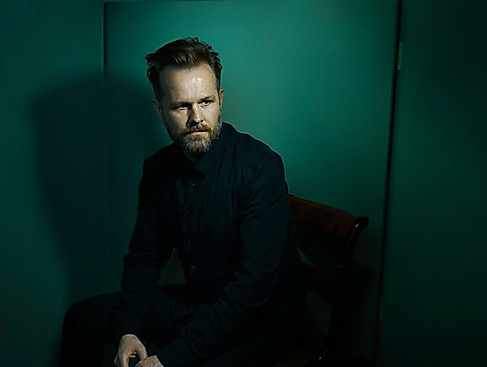
Tetzlaff Quartett
- Classical Music
»Energetic, dramatic and of crystal clear intensity,« praised the New York Times about the Tetzlaff Quartett, which celebrates its thirtieth anniversary in 2024. For its birthday, the ensemble, led by star violinist Christian Tetzlaff, has selected an emotional and demanding programme from Brahms right up to the present.
There are two reasons to celebrate when the Tetzlaff Quartett returns to the Elbe river: besides their own anniversary, the musicians are also celebrating Arnold Schönberg, who celebrates his 150th birthday in 2024 and to whom the Elbphilharmonie is naturally devoting a special focus for this occasion. With his first string quartet, one of the composer’s earlier works is on the programme – radically innovative, yet still tonal, it pushes the artistic forms of the late Romantic period to their limit.
In his own creative process, Schönberg studied the string quartets of Johannes Brahms in particular. Captivated and touched by his motif writing, Schönberg wanted to see himself in the Romantic tradition. How apt then that the Tetzlaff Quartett presents his work after the second string quartet by Brahms. Emotionally unsettling, incomprehensibly dense and profoundly melancholic, the composition is still one of the key works of the quartet repertoire.
The musicians, however, open the evening with a fascinating insight into the musical present: for this, they provide the Second String Quartet by the successful composer Jörg Widmann, who has been closely connected with the Elbphilharmonie ever since it opened. His string quartet entitled »Choralquartett« is a unique slow and also emotionally profound movement which holds many novel sound effects.
PERFORMERS
Tetzlaff Quartett string quartet
Christian Tetzlaff violin
Elisabeth Kufferath violin
Hanna Weinmeister viola
Tanja Tetzlaff violoncello
PROGRAM
Jörg Widmann
String Quartet No. 2 »Choralquartett«
Johannes Brahms
Streichquartett a-Moll op. 51/2
- Interval -
Arnold Schönberg
String Quartet No. 1 in D minor, Op. 7
No liability is assumed for the correctness of the data.










